ㅡ
Solution for the ‘Three planetary crises’
ㅡ

"Fundamentally, the pandemic is a warning from the planet that unless we change our ways, much worse lies in store.
It is a warning that we must finally get on top of the three planetary crises that threaten our collective future
: the climate crisis, the biodiversity and nature crisis, and the pollution and waste crisis...Without strong science that travels,
we cannot influence unsustainable consumption and production patterns that underpin the three planetary crises."
António Guterres, UN Secretary-General
What do you think is the key to overcoming the pandemic? Are masks, hand sanitizers, vaccines, and treatments enough?
The answer is no! Scientists warn that if humanity does not address the root cause, another pandemic could follow after COVID-19.
It was our 'normal' that led us to the pandemic. The Pandemic began when the humans destroyed the natural habitat of the wild animals, which led to these animals invading the habitat of the humans. If we do not change our ‘normal’ that destroys nature, the new pandemic will continue to attack humanity.
This epidemic is a warning that humanity must change the path they have created by 180 degrees. It is a warning that the three planetary crises, the climate crisis, the biodiversity and nature crisis, and the pollution and waste crisis, will threaten our collective future.
On April 27th, the UN Environment Management Group (EMG) held an online conference on the 'Defining Green Recovery.' At this conference, there was a heated discussion of using 'green recovery' to overcome COVID-19, which brought instability in the life and economy of the world. At this conference, the United Nations Environment Program (UNEP) released a report titled Making Peace with Nature, which presented a blueprint for the scientific foundation for reporting the global environment. The below are the key points from this conference
Click the link to download the ‘Making Peace with Nature’ report.
Making Peace With Nature | UNEP - UN Environment Programme
ㅡ
Crisis 1: Climate Change
ㅡ
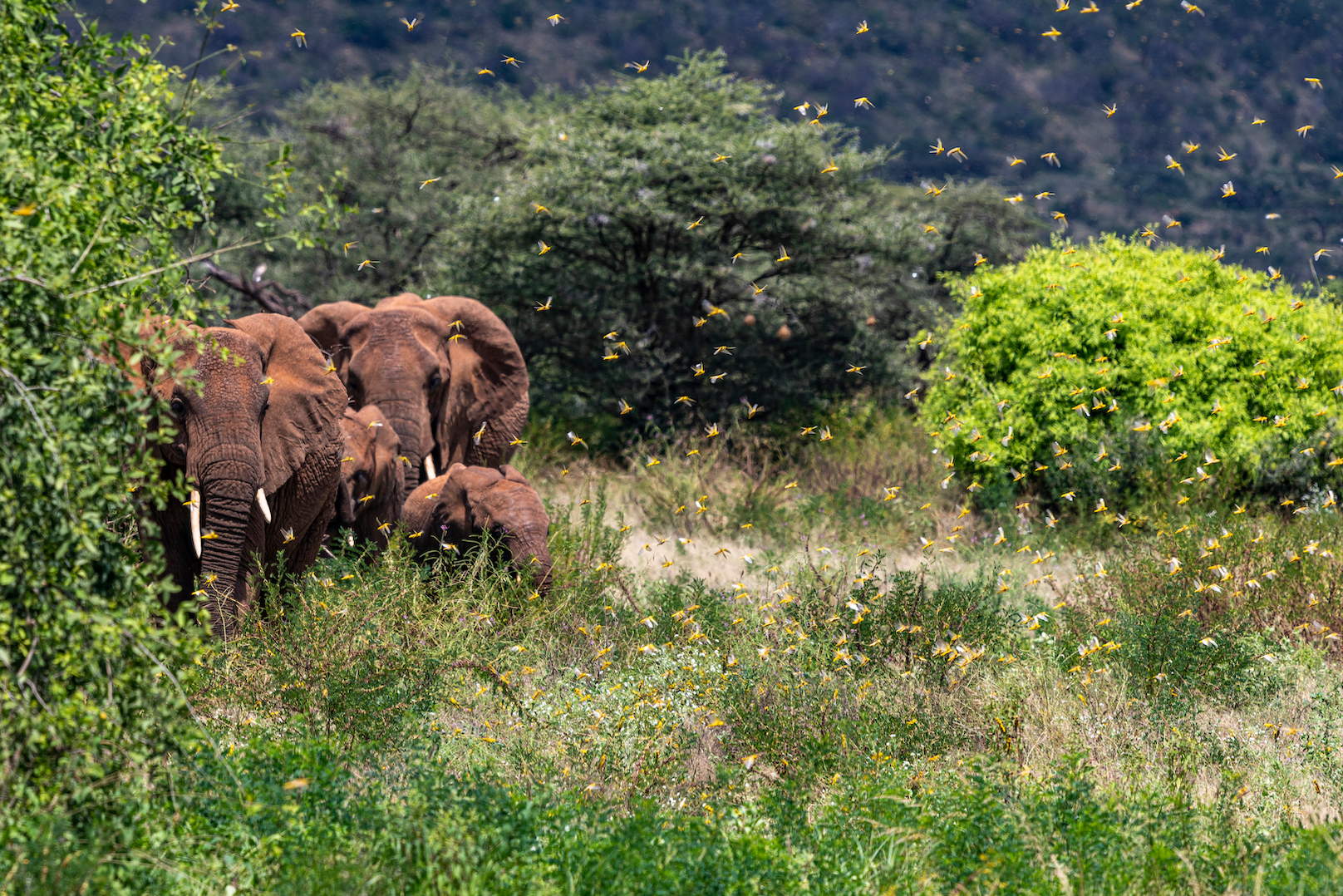
△ Samburu, Kenya, January 2020: Due to global warming, the sudden growth of the grasshopper population is plaguing herds of African elephants.
Global warming is the biggest disaster in human history. The effects of global warming are easy to see around us. The 2020 Atlantic Hurricane, with 30 typhoons, was the most severe hurricane ever recorded. Currently, 2 billion people live under the stress of water scarcity. Wildfires, floods, and droughts are so common today that they are no longer the big news.
Last year, a swarm of grasshoppers in Africa crossed the Red Sea and struck Iran and Pakistan in the Middle East, and then advanced to the grain fields of South America such as Paraguay, Argentina, and Brazil, causing the worst damage to farms in 23 countries in 70 years.
Drinking water pollution due to climate change is also a difficult situation. An additional 1.8 million people are expected to die from contaminated water, and there are many displaced people due to this issue, of which women account for 80%.
The recent global warming is heading towards a more complex situation. Despite the decrease in carbon dioxide emissions due to the COVID-19 pandemic, global warming continues and is expected to increase by 3 degrees Celsius compared to pre-industrialization within the 21st century.
ㅡ
Crisis 2: Biodiversity and Nature
ㅡ
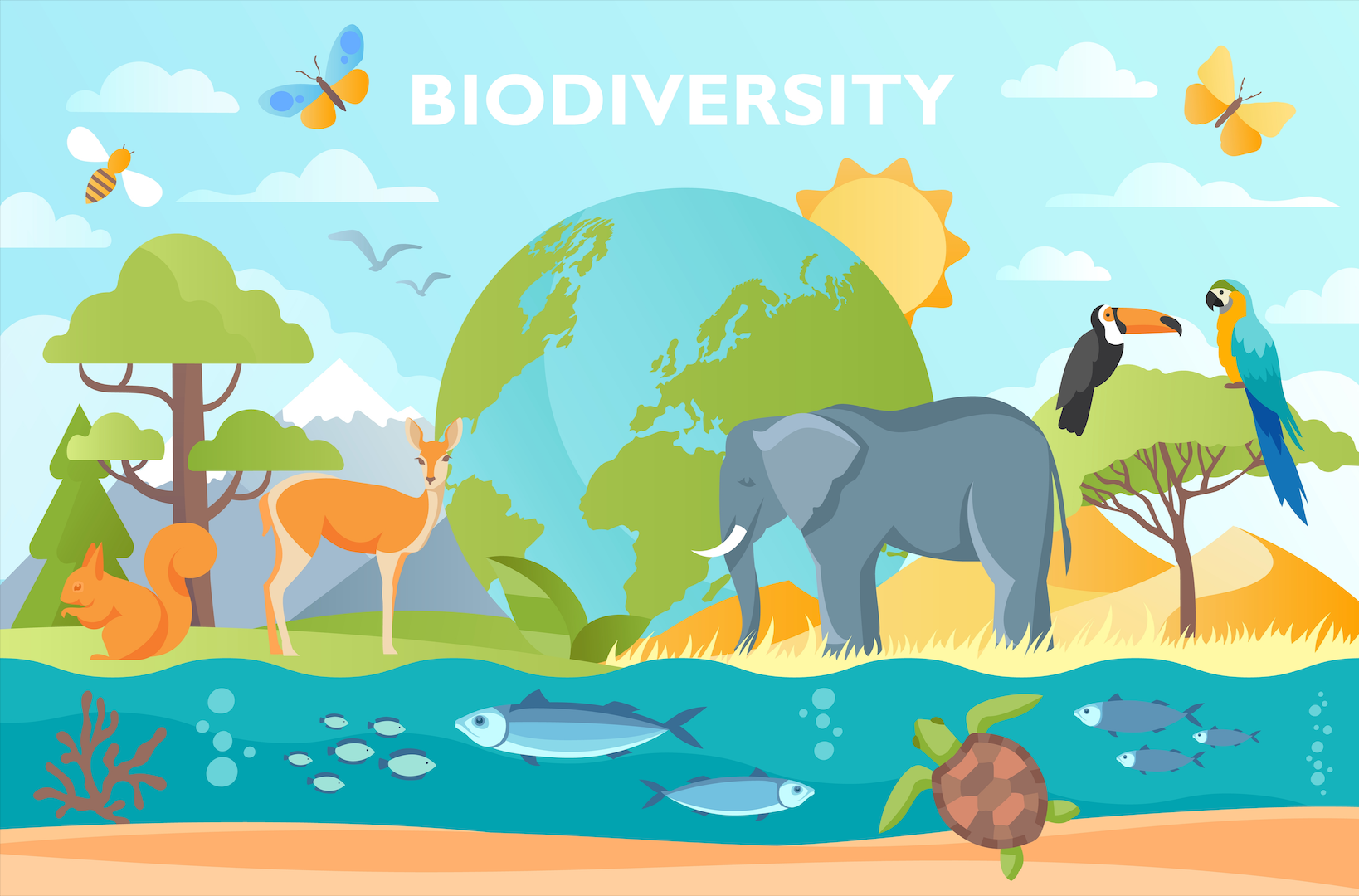
The next thing that threatens human existence is biodiversity and nature crises.
Biodiversity is declining at an alarming rate. Of 7.8 million species, more than 1 million plants and animals are projected to become extinct each year. Humans have altered 75% of the terrestrial surface and 66% of the marine area.
Decreased biodiversity doesn't just mean pretty grass and butterflies are gone. It is a complex problem that turns the entire ecosystem upside down. When biodiversity declines, the foundations of what makes well-being possible, such as food, water, temperature control, economic growth, etc., are shaken while degrading ecosystems.
ㅡ
Crisis 3: Pollution and Waste
ㅡ
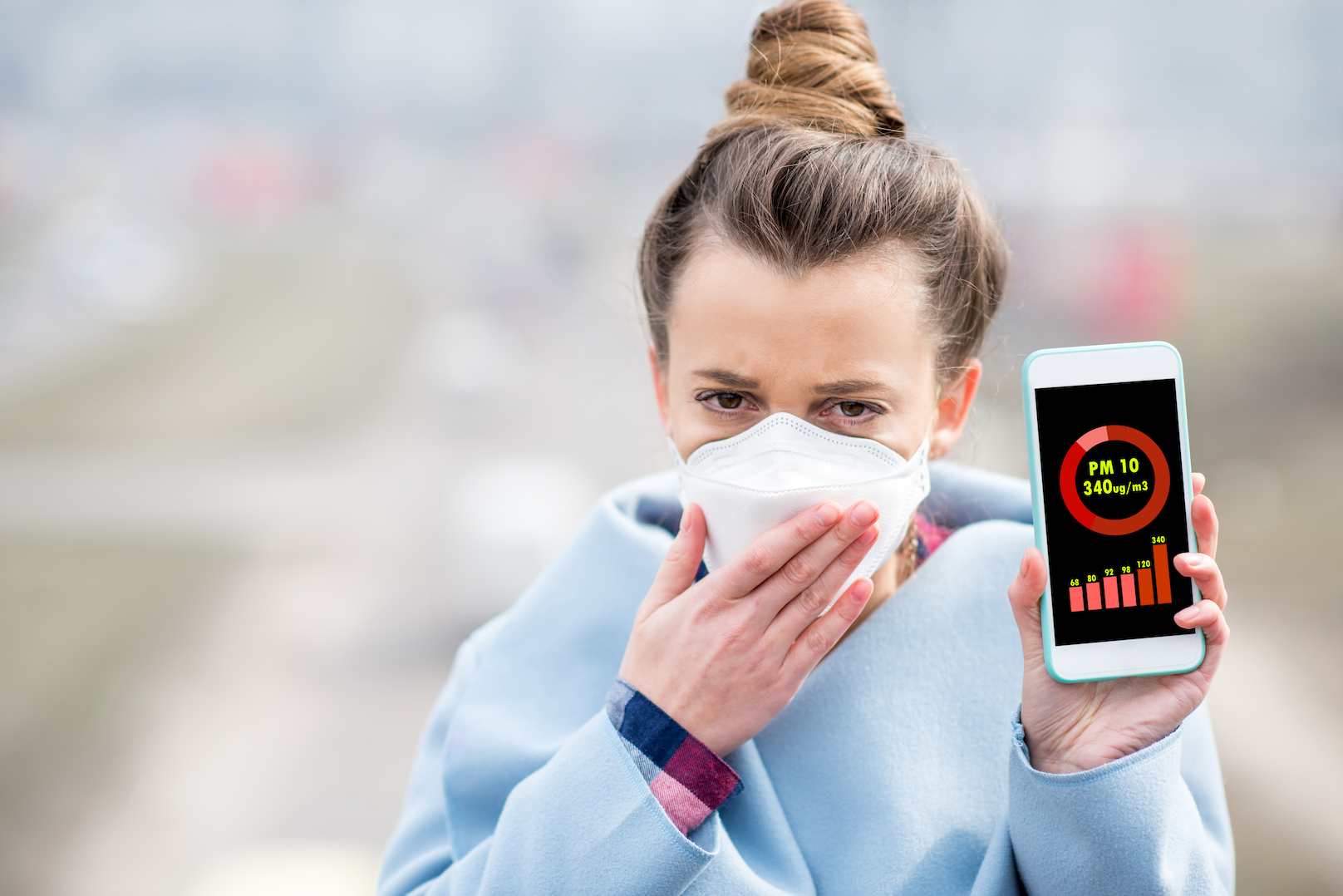
Pollution and waste are the 'toxic traces' we have left as we grow our economy.
Every year, pollution causes millions of premature deaths. Due to climate change and ecosystem destruction, pollution-related diseases are expected to increase significantly, and approximately 9 million humans are expected to die prematurely every year.
About a third of all rivers in Latin America, Africa, and Asia suffer from severe pollution. Every year we throw away 50 million tons of e-waste, roughly equal to the weight of all commercial airliners ever made.
ㅡ
Peace with Nature is the defining task of the 21st Century
ㅡ
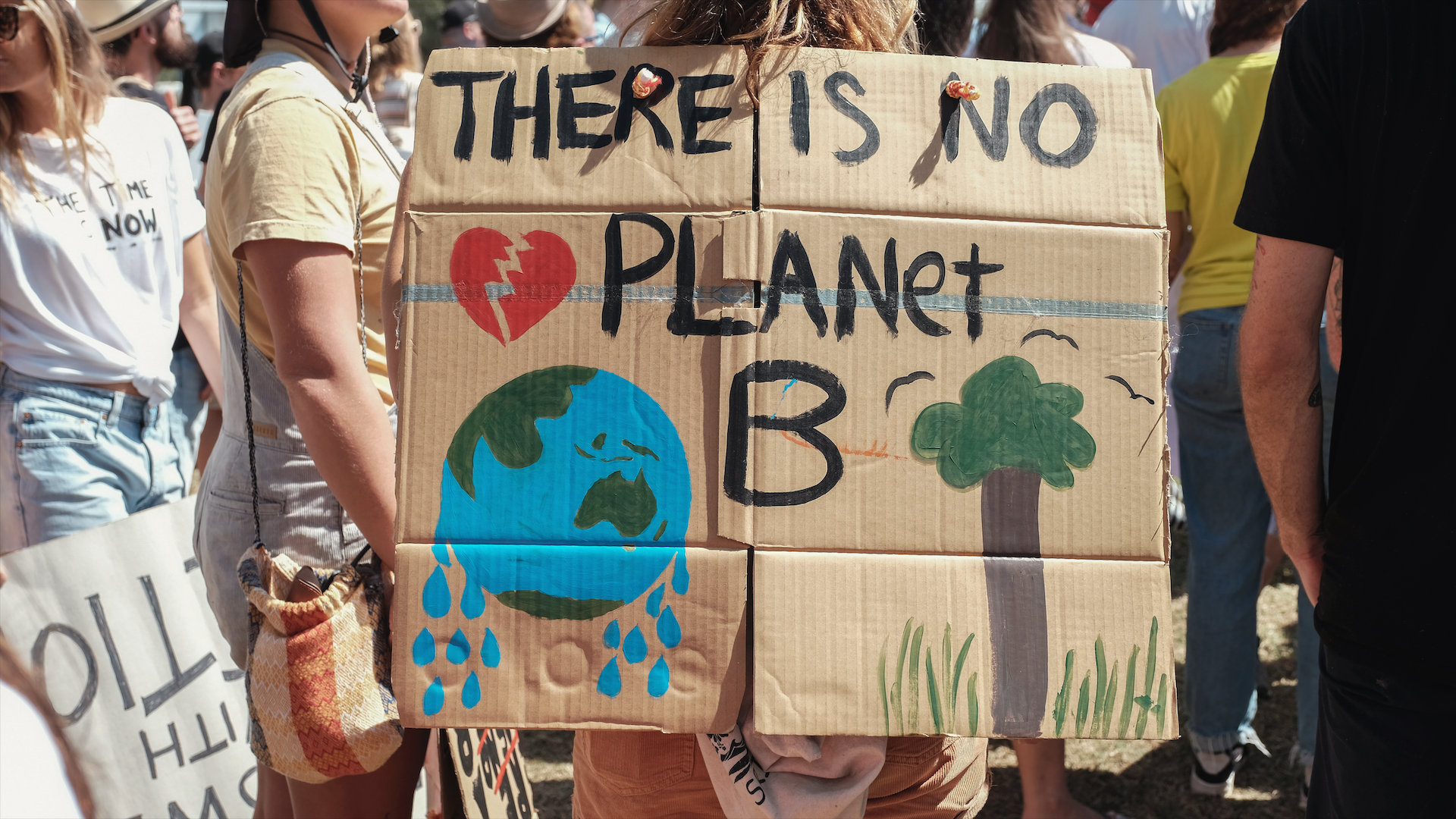
We already knew about all these issues. But the unfortunate fact is that we didn't act enough to solve the problem. We have already set the international agreement, such as the Sustainable Development Goals, the Paris Agreement, and the globally agreed goals on biodiversity; however, it was not implemented properly.
Now, the age of promise must change into an age of action. Achieving peace with nature is a decisive task in the 21st century. How can this be achieved? There is a need for a transition to a more sustainable pattern. If humanity has been living in an unsustainable production and consumption system, it is time to switch to a sustainable production and consumption system.
ㅡ
1st point to address the planetary crises: economy and business.
ㅡ

Have you ever abandoned a product that is still usable today and bought a new, more attractive version of the product?
That is unsustainable consumption and the main culprit that makes the planet sick. In line with the pace of change in modern society, companies are constantly releasing upgraded versions of products, and many people do not hesitate to discard old items to buy new ones. Eventually, this leads to environmental destruction.
Now, there is a desperate need for a new economy and business that will make humanity prosper without compromising the value of nature. Companies should operate the production process in consideration of various factors such as pursuing high energy efficiency, eliminating the use of toxic chemicals, extending the life of products, improving product recyclability, reducing the number of harmful substances emitted during disposal, and respecting workers.
Biodiversity and natural restoration can also be substantial economic opportunities. Overall, the business opportunity to transform food, land, and ocean use systems is said to generate additional revenues or cost savings of $3.6 trillion by 2030 while creating 191 million new jobs.
ㅡ
2nd point to address the planetary crises: governance
ㅡ
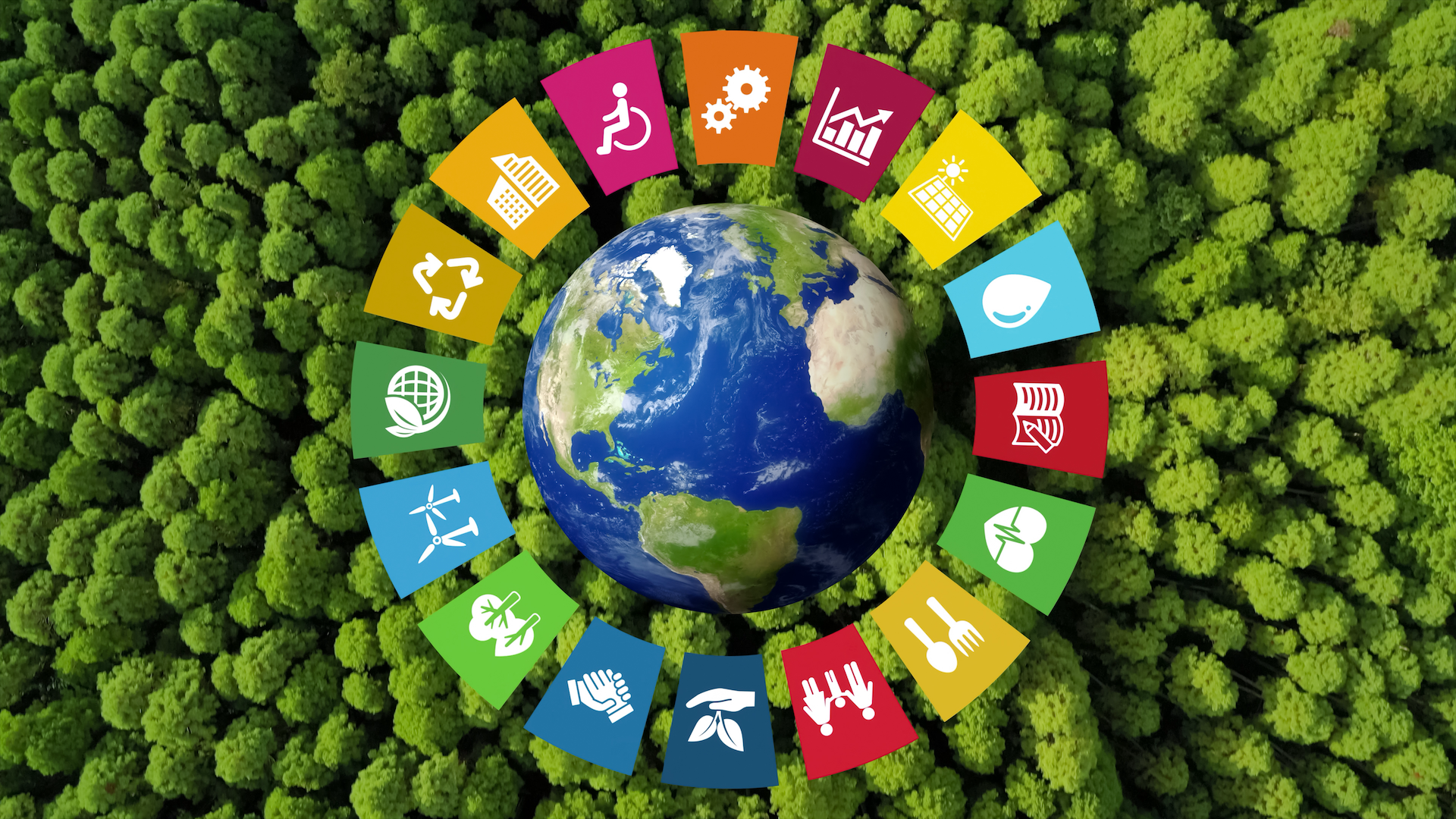
Five years ago, countries signed the historic Paris Agreement to limit global warming this century to below 2 degrees Celsius and pursue 1.5 degrees. What is the outcome after five years? Greenhouse gas emissions have temporarily decreased due to the economic downturn caused by the pandemic, but there is no significant difference in long-term temperature. To achieve the 2 degrees Celsius target, a challenge remains to reduce carbon dioxide emissions by a third by 2030.
The same goes for biodiversity. Governments in each country pledged in 2010 to achieve their biodiversity targets by 2020. However, like the Paris Agreement, it was not implemented as well. Each country needs to develop concrete implementation plans and take international action before it's too late.
In addition to fulfilling the agreed international commitments, we must invest in a 'green recovery' to overcome the pandemic. According to a recent report published by UNEP, if green recovery funds are wisely invested in technological innovations such as renewable energy, carbon dioxide emissions could be reduced by 25% in 2030.
ㅡ
3rd point to address the planetary crises: personal responsibility
ㅡ

Your little choice today can heal the planet.
"The fact is that if you live in the developed world, you impact planetary health," said the UNEP Executive Director, Inger Anderson, as she pointed out that about two-thirds of the world's carbon dioxide emissions are linked to private households.
Most of us already know what we need to do to save our planet. There are answers to trivial everyday life, from reducing disposable plastics to lessening food waste to save energy. We need to change our minds so that our little choices become sustainable choices.
The responsibility lies with all of us. Two-thirds of all greenhouse gas emissions are related to private households, and the planet is at risk as demand for food and materials increases. Right now we require 1.6 Earths to maintain the current population and living standards, both of which are rising.
ㅡ
Building a peaceful and inclusive relationship with nature
ㅡ
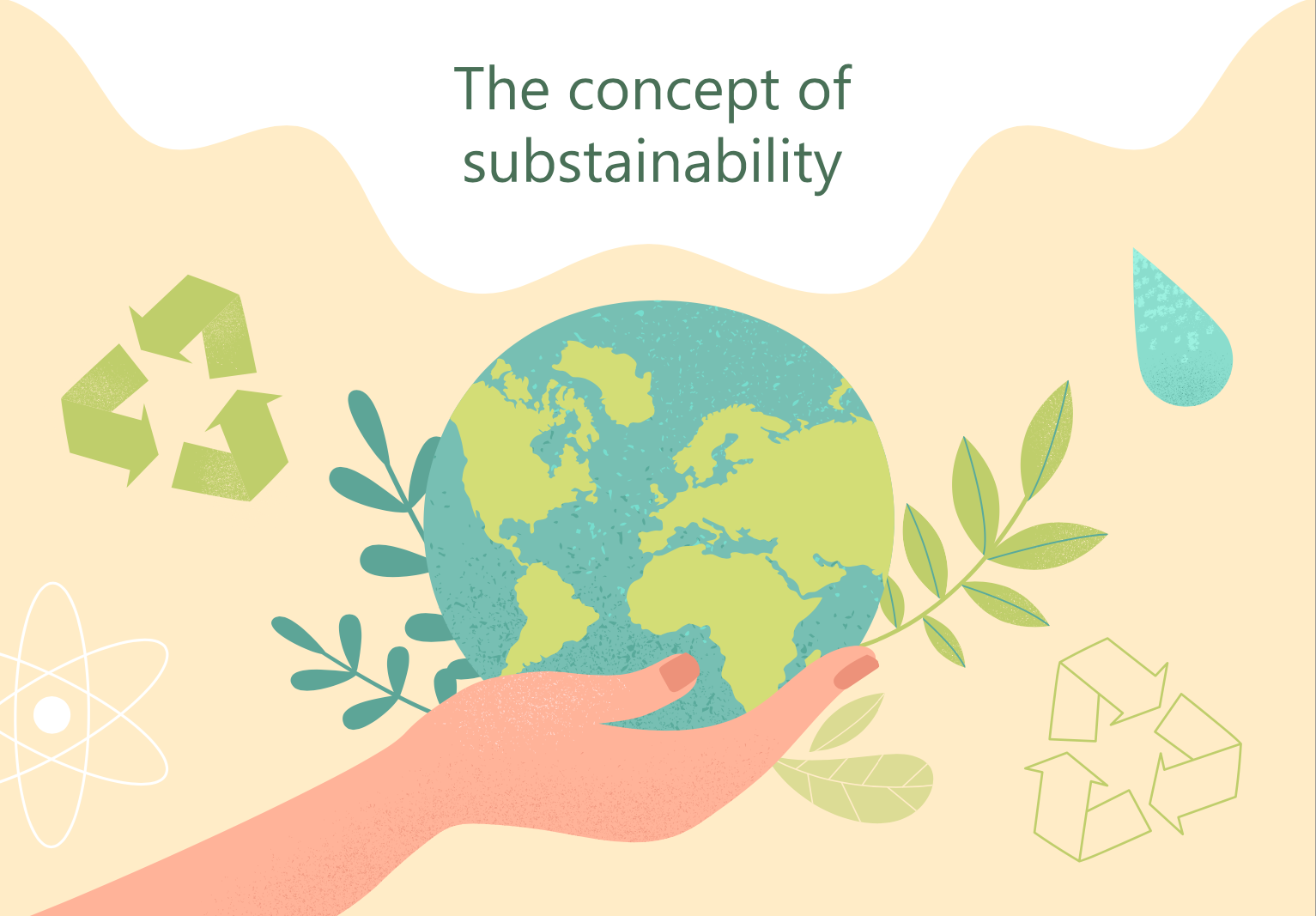
To overcome the crisis on our planet, all of humanity must change the way we think about the environment. A peaceful yet inclusive relationship between mankind and nature must be reestablished.
Changing our mindset is very difficult. But we can and must do it. COVID-19 has shown how fast we can change our habits when we have to. Bold leadership, scientific innovation, dedicated global fundraising, and lifestyle changes have brought us to the point of developing a vaccine and breaking out of the pandemic in a year.
Now we have to change the way we think about nature. Not forgetting that the cause of the pandemic was the 'destruction of nature,' a shift in the mindset of peaceful and inclusive perception of nature is necessary. Humanity must overcome the pandemic's wounds with a 'green recovery' and once again create bold leadership, scientific innovation, global fundraising, and lifestyle changes.

